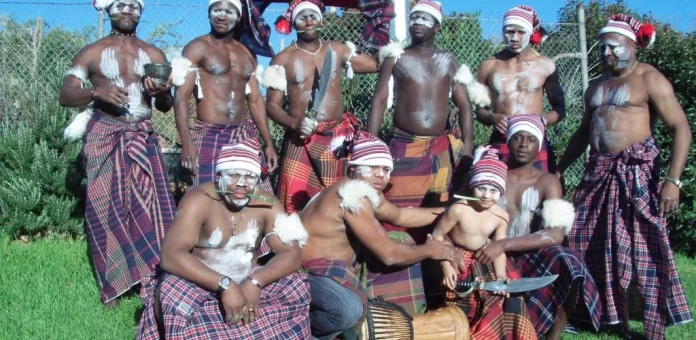In Igbo culture, ancestry is of utmost importance. Ancestry, or “ndi aso,” refers to the lineage of a person’s family, and it plays a critical role in Igbo identity and cultural practices. An individual’s ancestry is a source of pride, strength, and identity, and it is central to the way Igbo people view themselves and the world around them.
The Importance of Ancestry in Igbo Culture
In Igbo culture, ancestry is seen as the foundation of personal identity. A person’s family history, lineage, and heritage are crucial components of who they are as an individual. This connection to one’s ancestry provides a sense of continuity and stability in a rapidly changing world, and it is deeply ingrained in Igbo cultural practices and traditions.
In traditional Igbo society, a person’s social status and reputation were directly tied to their ancestry. The higher the status of one’s family, the more respect and influence they commanded in the community. This created a sense of competition and rivalry among families, as each sought to maintain and improve their status and reputation.
Related Articles
- The Weirdest Superstitions From Different Cultures
- Festivals and Celebrations in Igbo Culture
- Ghana: Ashanti Kingdom, Culture and Festivals
The importance of ancestry can be seen in various cultural practices, such as the naming of children. In Igbo culture, children are often named after their ancestors, with each name carrying a unique meaning and significance. These names also serve as a connection to the past and a reminder of the family’s history and heritage.
Ancestry also plays a critical role in traditional Igbo religion. In Igbo cosmology, ancestors are believed to have the power to intercede on behalf of their living descendants, and they are seen as a source of guidance and protection. Ancestors are revered and honored through various rituals and ceremonies, such as the annual New Yam festival, where offerings are made to the ancestors to seek their blessings and protection.
Ancestry and Family Relationships
Ancestry is also critical in defining family relationships in Igbo culture. In Igbo society, family is seen as the most important unit of social organization, and the relationships between family members are based on a complex system of kinship and lineage. Igbo culture also recognizes various types of kinship relationships, such as blood relations, adoption, and marriage.
The family is an essential source of support and security in Igbo culture. The extended family, or “umuada,” plays a critical role in providing emotional and financial support to its members. Family members are expected to support each other in times of need, and the family unit is seen as a source of strength and resilience.
Ancestry and Identity
Ancestry plays a significant role in shaping Igbo identity. Igbo people identify strongly with their ancestry and take pride in their family’s history and heritage. An individual’s ancestry also serves as a source of identity and belonging, and it is deeply ingrained in the way they view themselves and the world around them.
However, Ancestry also serves as a connection to the land and the community. In Igbo culture, the land is seen as a source of spiritual and cultural identity, and each family has a strong connection to a particular piece of land. This connection is maintained through the passing down of land from one generation to the next, and it also serves as a tangible link to the family’s history and heritage.
In contemporary Igbo society, the importance of ancestry remains as strong as ever. Despite the challenges of modernization and globalization, Igbo people continue to value their family history and heritage. Ancestry also serves as a source of pride, strength, and identity, and it is critical in maintaining the cultural traditions and practices that make Igbo culture unique.

